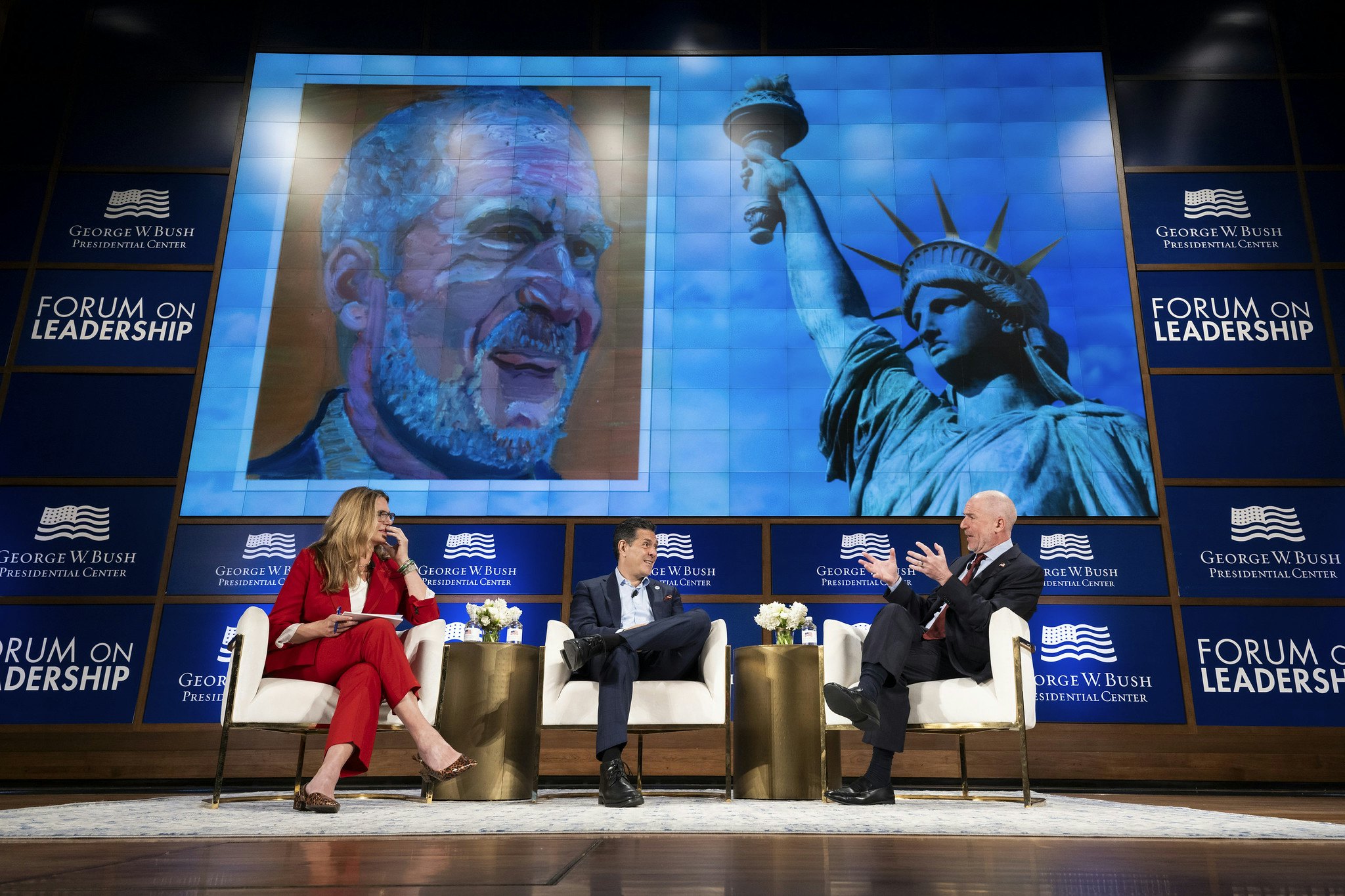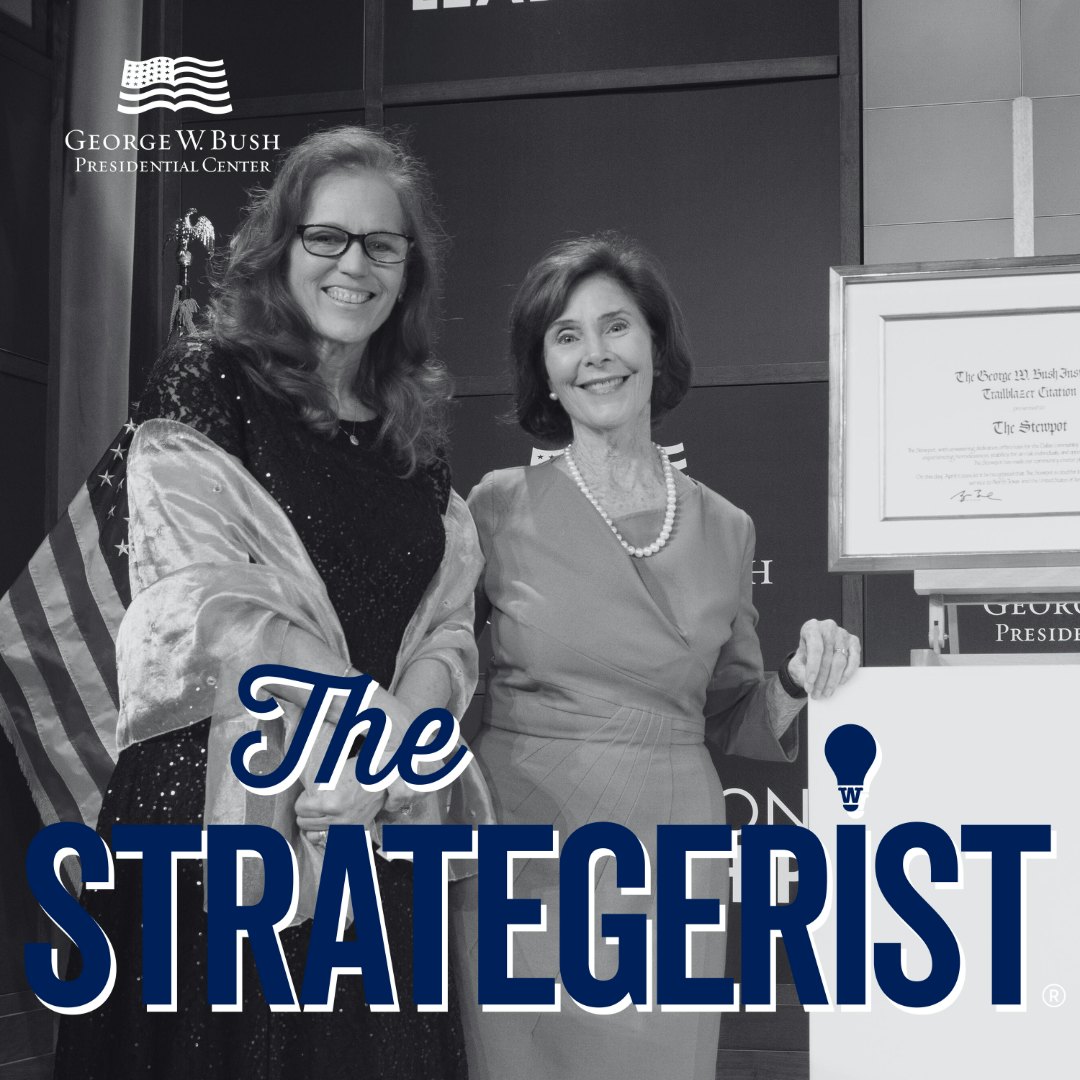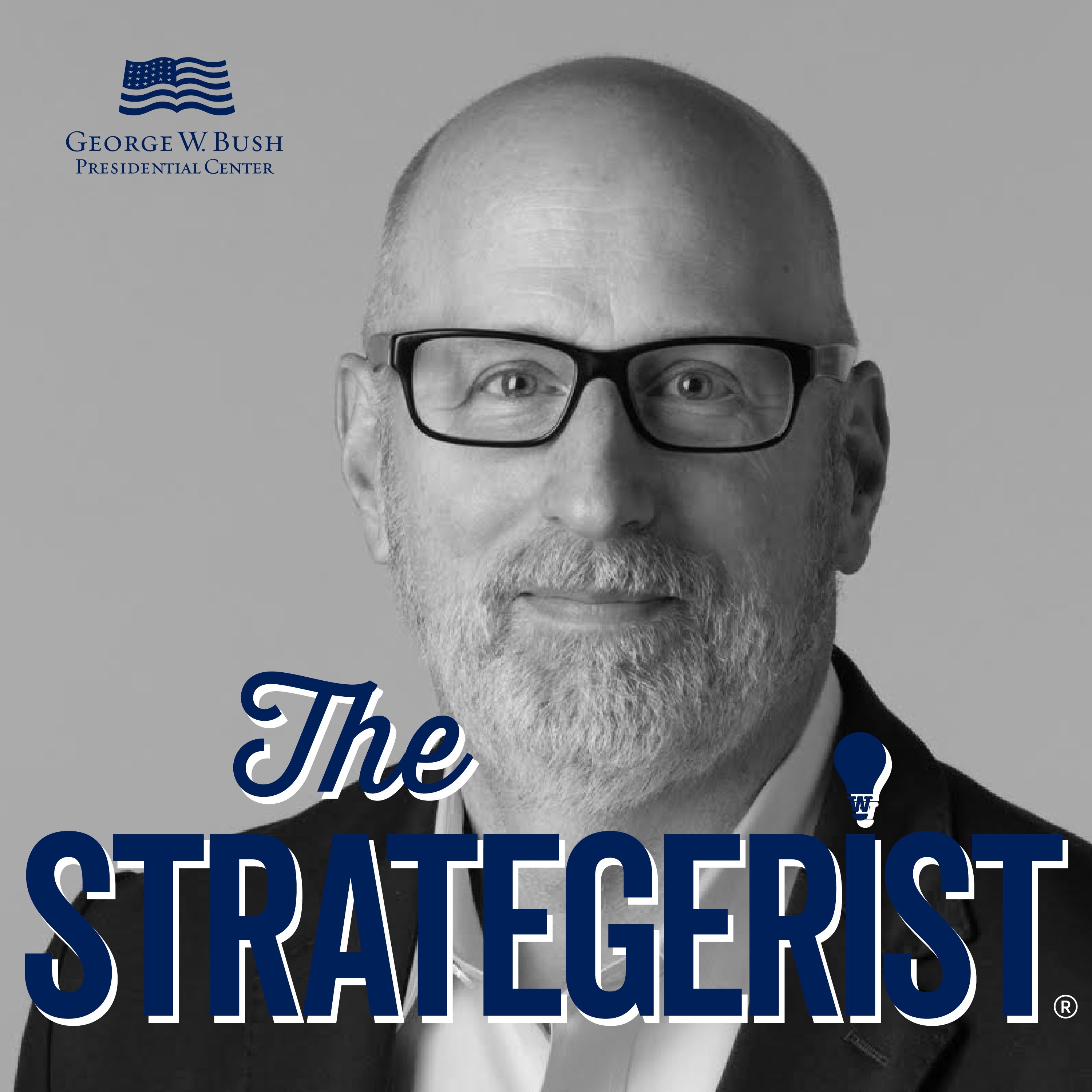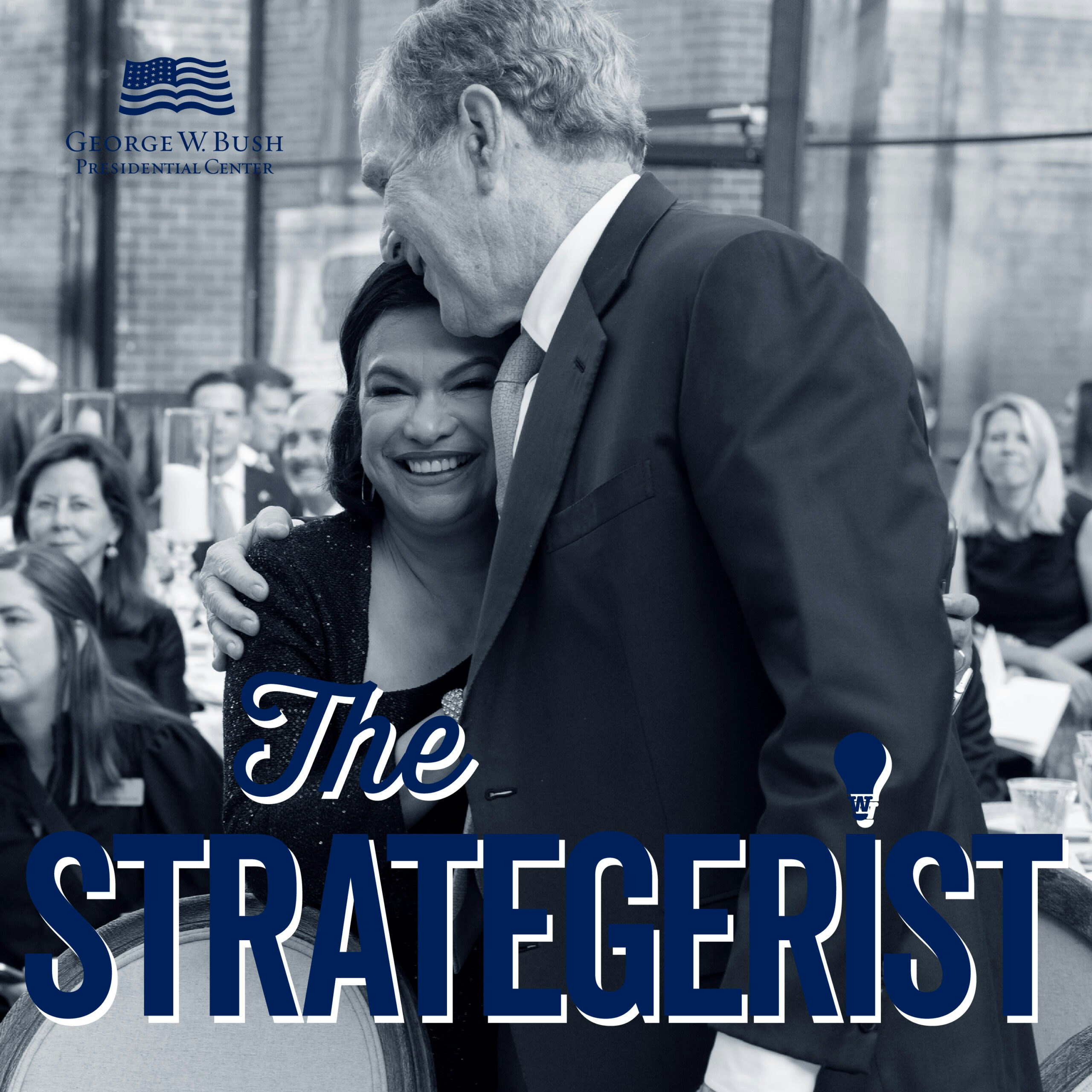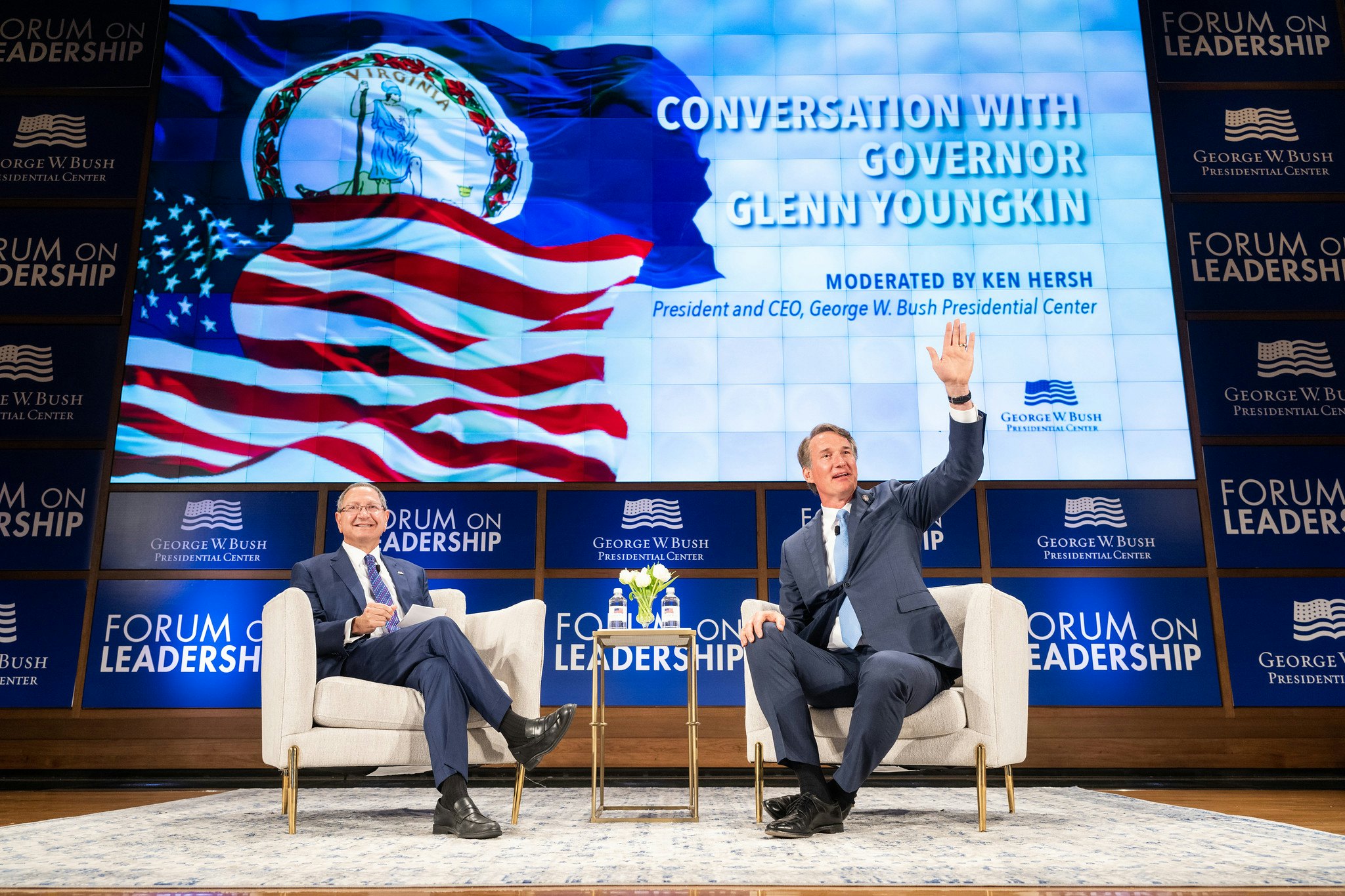While foundational to the beliefs of our nation, religious freedom is still denied to many around the globe. This conversation dives into the global significance of this liberty and its domestic importance for our pluralistic society.
Human dignity is foundational to free societies. And for many, the concept of human dignity derives from religious traditions. These experiences drive questions about meaning, purpose, and virtue.
A free society provides space for exploring such questions. That allows the devout and nonbelievers to pursue – within the rule of law – their passions. This includes the right to exercise deeply held convictions by practicing (or not practicing) a particular faith.
Religious freedom has been a driving force for pursuing and maintaining human dignity. It has the promise of liberty in the United States and shapes a more peaceful and prosperous world.
During his presidency, George Washington wrote to congregations of various faiths that religious freedom was a right and duty of citizenship. More than 150 years later, Dr. Martin Luther King Jr. made the case that “a just law is a man-made code that squares with the moral law or the law of God. An unjust law is a code that is out of harmony with the moral law.”
The very idea of religious freedom recognizes the existence of different, even conflicting, viewpoints and people. It demands space for all of them to coexist while recognizing the inherent dignity of others. And so, a deep commitment to pluralism is also required; without it, the concept of religious freedom – of freedom generally – loses all potency. The totality of society can’t have religious freedom without pluralism.
Worse, without those commitments, religious divides can devolve into discrimination, violence, and even genocide. We’ve witnessed such horrors throughout history, from the persecution of Jews, Burma’s Rohingya, China’s Uyghurs, and Iraq’s Yazidis, to name a few.
Only robust commitments to religious freedom and pluralism allow diverse groups to coexist peacefully on matters of the divine. We are blessed to live in such a society. We must not take it for granted. We hope today’s conversation sheds light on why we must do our part to preserve and expand it.
Rushan Abbas has campaigned for the rights of the Uyghur people for more than three decades. She helped establish the Uyghur American Association and became the first Uyghur reporter broadcasting daily to the region on Radio Free Asia’s Uyghur service. A resident of the United States, she regularly appears on media outlets, gives public speeches, and advises lawmakers on the Uyghur cause and human rights abuses by China.
Vishal Amin is the General Manager of Defense Security Solutions at Microsoft and an Executive Advisor to the University of Southern California’s Marshall School of Business. A veteran fighter pilot and alumnus of the George W. Bush Institute’s Stand-To Veteran Leadership Program, he works to shape and influence the discourse surrounding our digital future and security landscape. His philanthropic efforts include empowering veterans and supporting the families of the fallen as well as driving initiatives that leverage cybersecurity for the greater good.
David French is an opinion columnist for The New York Times, writing about law, culture, religion, and armed conflict. He previously helped start The Dispatch, a conservative media company, and was a contributing writer for The Atlantic. A lawyer who served in the Army JAG Corps and a veteran of the conflict in Iraq, his most recent book is Divided We Fall: America’s Secession Threat and How to Restore Our Nation about the dangers of polarization and need to engage with people who have opposing viewpoints.
Jonathan Greenblatt is CEO and National Director of ADL, the leading organization fighting against antisemitism and for justice and fair treatment for all. Previously, he served as Special Assistant to President Barack Obama and Director of the Office of Social Innovation and Civic Participation and worked in business as Co-Founder of Ethos Brands, Founder of All for Good, and senior executive at Realtor.com. He is the author of It Could Happen Here: Why America Is Tipping From Hate to the Unthinkable.
Chris Walsh is Director of Global Policy at the George W. Bush Institute, where he manages communications, evaluation, and public policy research projects that advance freedom and democracy in the world and is one of the lead authors of the Bush Institute’s pluralism series. Previously, he worked with the International Republican Institute as program officer for Central and Eastern Europe.







